
- Home
- Car & Motorcycle
- Petrol and Diesel

Petrol and Diesel Deals & Offers
4 active deals95,647 commentsAll Petrol and Diesel discounts and offers overview - April 2024

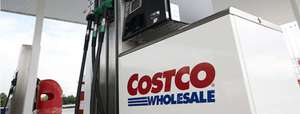
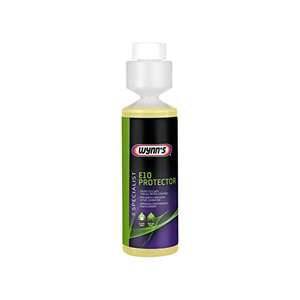
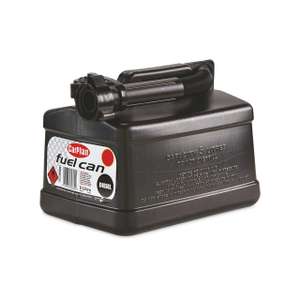

 hotukdeals
hotukdeals hotukdeals
hotukdeals 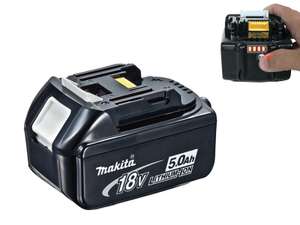

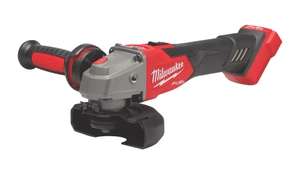
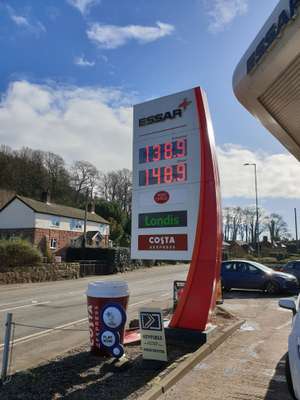
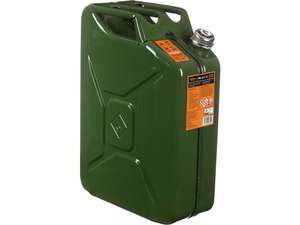
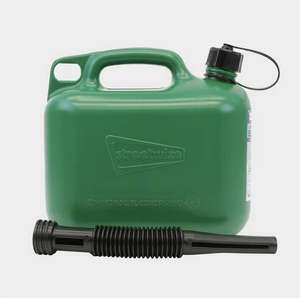
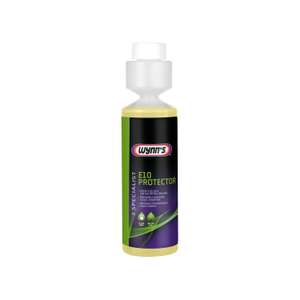
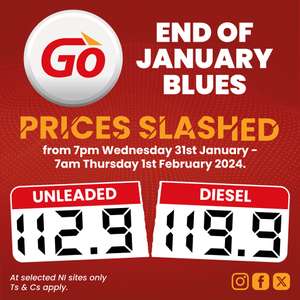

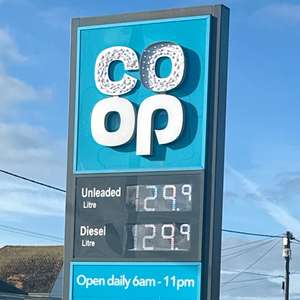

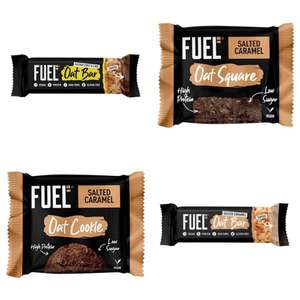
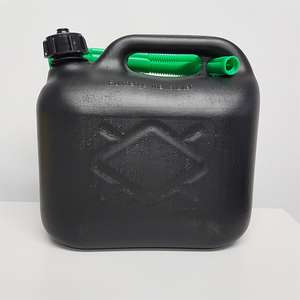
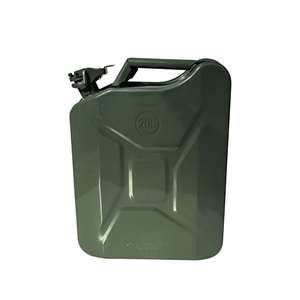
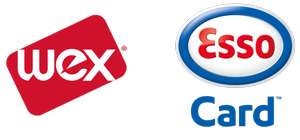
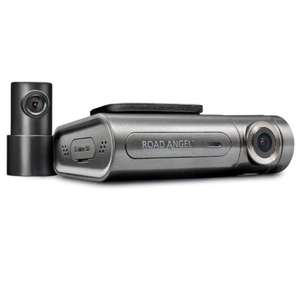
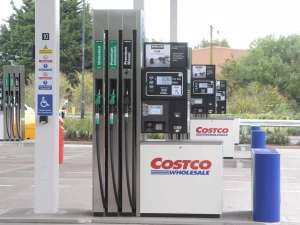
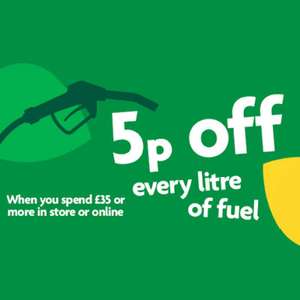

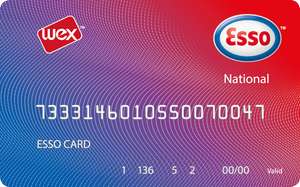
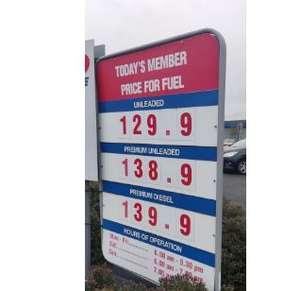

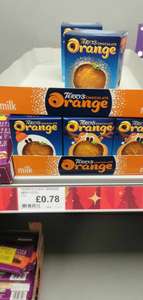

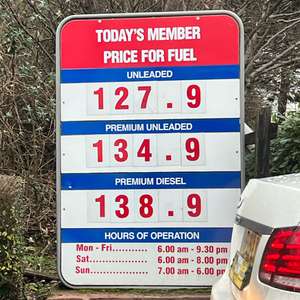
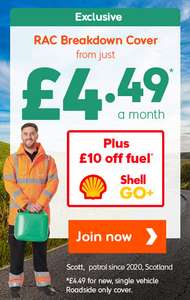
A Buyer's Guide to Petrol and Diesel
Whatever type of car or motorbike you drive, you are almost certainly going to have to find a way to keep your petrol and diesel bills low. But that's not always an easy thing to do – especially if you fail to take advantage of the many ways to cut your fuel-buying costs.
The average UK motorist will spend around £56,000 on fuel during their lifetime – well over £1,000 per year in many cases. So if you can shave even 10% off that bill, you'll free up some cash for spending on the things that matter.
This hotukdeals buyer's guide will explain how to spend less on diesel and petrol. We'll look at the differences between the two fuels, how to buy them, and – most importantly – the many ways there are to save. But before we get to that, let's try to understand how the UK came to be addicted to planet-destroying fossil fuels like petrol and diesel, and why we desperately need ways to find diesel and petrol deals.
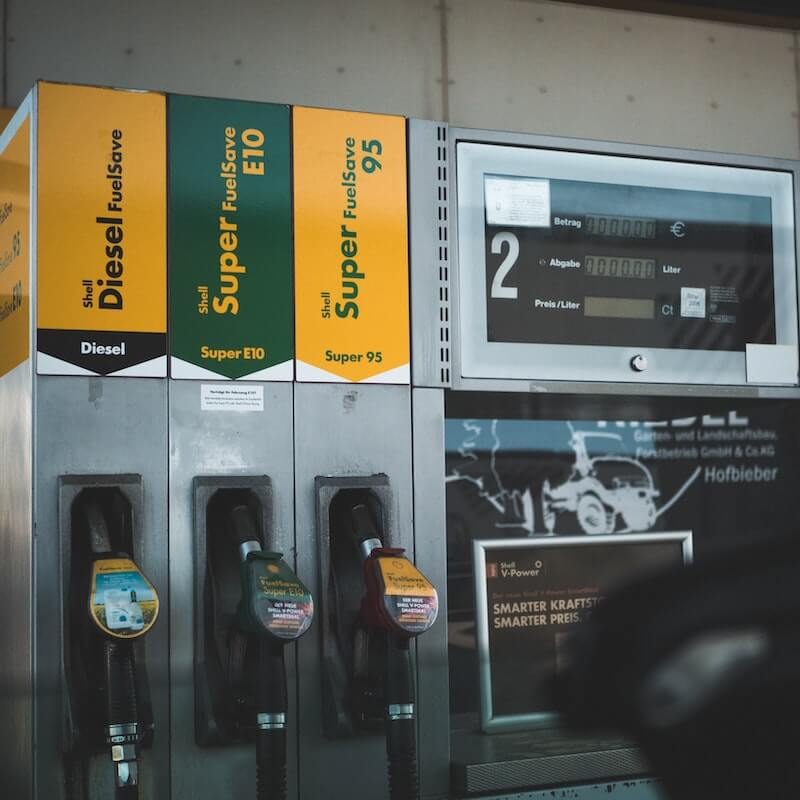
A History of the UK's Ever Growing Demand for Motor Fuel
Although buying fuel for our cars or bikes has become second nature to modern Britons, it's easy to forget how modern the practice is. Cars powered by internal combustion engines have only been publicly available since the 1890s, and mass adoption of the automobile had to wait until the 1920s. Until then, horses and walking (or if you were lucky, boats and trains) took up the slack.
However, as the 20th century dawned, the UK started to embrace a totally new way to get around, In 1913, the first roadside petrol pumps appeared, while the AA opened the country's first proper “petrol station” in the Berkshire village of Aldermaston, in 1920. This wasn't a typical petrol pump, though. Unable to source petroleum due to civil war in Russia, the AA's first filling station dispensed a coal-based liquid fuel called “benzole”. Actual petrol pumps came along a few years later when oil supplies in the Middle East entered the market.
By 1923, there were a massive 7,000 pumps lining British roads, mostly attached to family-run stations, which combined cafes and pumps. You can still see a few tucked away in rural England, such as Herefordshire's West End Garage.
By the end of the Second World War, and the easing out of petrol rationing, the industry started to expand again. This time, the market boomed even more, as motorways were built and affordable cars like the Morris Minor entered production. As a result, new ways of selling petrol appeared, such as the much-loved Green Shield Stamps scheme (which spanned almost every area of retail but appealed especially to motorists).
The 1960s saw further innovations, with self-service petrol pumps appearing in 1961, and multinationals like Esso, Shell, and BP beginning to dominate. But their pre-eminence didn't last. In the 1980s, supermarkets started to capitalise on their position and customer base, introducing their own petrol forecourts, and often undercutting major competitors.
Until around 2000, petrol consumption per head tended to grow, so all retailers shared in the benefits. But since then, things have changed, with petrol consumption per head decreasing significantly since 2002. However, despite diminished demand, price reductions haven't followed. In fact, prices of petrol and diesel have increased by around 85% since 2002 – making it essential to find ways to cut fuel costs.

How Are Petrol and Diesel Made?
Before we discuss how to save, it might help to run through some basics to set the scene. So what are petroleum and diesel anyway?
As you're probably aware, both products are created via fractional distillation of crude oil (or refining to use the more common term). This results in a vast array of different chemical compounds, some of which contain very high amounts of stored energy. As oil is derived from the remnants of ancient organisms, both diesel and petrol are classified as “fossil fuels”, but they have very different properties.
Petrol – A colourless aromatic liquid, petroleum makes up around half of the composition of a barrel of crude oil. It is prized for its energy content and stability at room temperature, although – as with all fossil fuels – it is highly flammable. We'll take a look at the various forms of petrol in a moment, but for now it's important to note that there are various “octanes” of petroleum fuel, along with “super” unleaded and conventional unleaded (lead containing petrol tends to be very rare these days due to the element's known health risks). Petrol generally isn't supplied on its own. Additives are used to prevent “knocking” (early ignition), promote stability, and to prevent corrosion.
We stated earlier that petrol is a “fossil fuel”, and that's true. However, it's hopefully becoming less true, as more suppliers embrace biofuels (based on plant-derived ethanol). In the UK, laws state that 5% ethanol can be added to petrol and it's not uncommon to find that this is the case.
Diesel – Diesel fuels can be petroleum based, but that's not always the case, with various natural gas or biofuel-based versions now in use across the UK. What binds them together is the fact they are much less flammable than petrol and do not deliver their energy via spark ignition. Instead, diesel fuel functions by air compression and fuel injection, resulting in higher efficiency levels. On the flip side, it tends to generate exhaust with higher particulate levels – compounds that are associated with lung and heart diseases in the UK, making diesel an increasingly controversial fuel choice.
Because of the way diesel works, it cannot be used in petroleum engines. If you're using fuel containers, telling the difference shouldn't be hard. Just remember that diesel usually comes in yellow containers, while petrol will be contained in red canisters.

Petrol vs Diesel: Which is Better?
This is a choice that many drivers will have to make, and it's not one with a simple answer. On the one hand, diesel has several advantages over petrol.
As we've already noted, diesel engines tend to be more efficient than their petrol-based equivalents, reducing their costs for long journeys (one reason why the haulage industry relies on them).
Diesel is cheaper by the gallon, and it also produces lower carbon emissions than petrol engines. This often gives diesel a tax advantage, although the particulate issue could change this in the future.
Diesel engines tend to require less maintenance than petrol versions, and will run for longer as well.
With its higher ignition point, diesel is less flammable than petroleum, so the safety risks of using it are considerably lower.
The improved “torque” of diesel over petrol makes it preferable for heavy duty applications such as HGVs, buses, and heavy machinery.
Then again, there's always a debit side to the equation, and there some counterpoints that motorists need to bear in mind:
Diesel maintenance may be less frequent, but it is often more expensive when required.
Diesel engines are notorious for failing or performing very poorly in colder climates.
Petrol cars tend to be capable of higher speeds, due to their ability to expel heat via the exhaust pipe. Diesel cars are sturdier and more reliable, but less suited to motorway driving.
Diesel fumes are becoming flagged as a major public health crisis. Having been encouraged on the basis of creating lower greenhouse gas emissions, the fuel is now seen as “dirtier” than petrol, at least for urban uses.
So, which is better, petrol or diesel? Much depends on what vehicle you drive, and what you use it for. The majority of consumer cars are petrol-based, for performance reasons. But if you need to haul a caravan or anticipate carrying heavy loads, diesel starts to become the more reliable option.
However, it's worth knowing that diesel is becoming more heavily regulated and is likely to become more expensive in the future. At the moment, UK diesel drivers must have a working diesel particulate filter (DPF) installed if they want to pass their MOT. Expect further regulations in the future, particularly as hybrids start to claim a bigger slice of the motoring market. So if you're wondering is petrol or diesel cheaper, diesel may seem cheaper now, but that won't necessarily always be the case.

Different Types of Petrol and Diesel for UK Drivers to Consider
When it comes to purchasing petrol and diesel, the options on petrol station forecourts are usually fairly simple, but specialist fuels make the buying decision more complicated for those with specific needs. The choice at your local petrol station will usually go something like this:
Unleaded petrol – Often referred to by the suffix 95 RON, unleaded petrol has an octane rating of 95 out of 100. That sounds good, but it's actually as low as you can go, meaning that standard unleaded is cheap, but not designed for high performance vehicles. Look for the all green nozzles at conventional forecourts.
Super Unleaded – Generally available at all forecourts, Super Unleaded is “super” due to its octane rating of 98. This may be the appropriate fuel for high performance sports cars and sedans, so check your car's documentation to be sure. Using 95 RON fuel won't necessarily hurt your engine (or 98 RON in less sophisticated vehicles) but choosing the right fuel for the right vehicle will definitely optimise performance. Super Unleaded nozzles tend to be green and yellow.
Diesel – Diesel has its own set of pumps at normal filling stations, and they will generally be black (though there's no uniformity about this). The pumps will typically be right next to unleaded varieties these days, making it important to check carefully before you start filling up.
Liquid Petroleum Gas – LPG is becoming increasingly common as a low emission alternative to standard petrol and diesel, but it won't be found at all filling stations. Some cars require LPG to run properly, so if your model is among them, finding suitable retailers can become a challenge. Thankfully, websites like filllpg.com provide a regularly updated list of suppliers, with handy price listings as well.
Where Can You Purchase Petrol and Diesel in the UK?
The UK market is pretty evenly divided into petrol stations and supermarkets, and finding an outlet is rarely difficult.
Petrol stations – There are some 8,400 petrol stations in the UK (down from a whopping 40,000 in the 1960s), and sites like WhatPrice offer an easy way to track down local suppliers. Many combine convenience stores, car washes, and car services (like spare tyres, oil changes and compressed air). Various brands compete for the filling station crown – so use price comparison websites and check for deals from the various competitors before making any purchases.
Supermarkets – As we'll see in a moment, supermarket fuel offers have helped to accelerate the decline of British filling stations. Since the 1980s, brands like Tesco, Sainsbury's, Morrisons, and Asda have entered the fuel market, driving down prices, and capitalising on their flow of traffic. Nowadays, Sainsbury's is the UK's biggest fuel seller by volume, closely followed by Tesco. By comparison, the largest filling station operator, Shell, sells less than half as much fuel per month to UK drivers.
Motoring accessory suppliers – You don't need to purchase fuel via pumps. Many motorists like to stock up on stand-alone containers of the fuel they require, just in case they are left stranded, or lines at the pumps make it impossible to refuel. In any case, it makes sense to purchase a couple of specialist petrol containers, which can be bought very cheaply from brands like B&Q or Halfords. And a siphon could come in handy as well, making it easier to transfer fuel to and from vehicles.
Video: BP in the UK 2019 [BP]

How to Save Money With Fuel Offers: Things to Remember
Now that we know a bit more about the UK fuel market, it's time to get to grips with how to drive down your motoring costs. Diesel and petrol offers come in various shapes and sizes, and it makes sense to take all of them into consideration when planning your fuel purchases.
Supermarket petrol offers – The logical starting point for making petrol buying savings is with the largest suppliers – the UK's supermarkets. Almost all major supermarkets that sell petrol offer some form of discount scheme, although savings can come and go. For instance, Tesco regularly runs a promotion which offers 10p off fuel per gallon when customers spend over £60 in store. Deals like that are fairly routine, making it advisable to combine grocery and fuel shopping when promotions apply.
Cashback offers – You may be familiar with sites like TopCashback, which allows customers to claim small amounts of credit when they redeem deals that they feature. Fewer customers realise that these cashback deals can deliver big petrol savings. For example, TopCashback ran a promotion during Easter 2018 offering a £10 credit for fill-ups at Asda, Tesco, or Sainsburys. And it's not the only company featuring fuel discount deals like that, so keep an eye out for future promotions.
Use fuel cards – Some petrol and diesel suppliers also offer fuel cards – which are essentially standard loyalty schemes with a few added extras. For example, BP's Bpme card allows you to build credit reserves when purchasing fuel. That credit could be used for petrol, but can also be spent elsewhere, lowering your general bills. Some are designed for small businesses, such as the Jet Card. If you run a fleet of vans or taxis, giving one to every driver could reduce costs dramatically. Shell Go+ is another popular scheme. Based on the Go app, it provides a petrol discount every 10th visit (along with big discounts at forecourt stores).
Tailor your driving to save money – Although this won't appear in the hotukdeals listings, it's important to stress that the way you drive can have a big impact on your fuel bills. Cutting your average speed makes a difference, as does keeping windows closed to reduce drag, keeping your engine properly serviced to ensure peak efficiency, and driving carefully to keep braking to a minimum. Even keeping tyres in good condition reduces fuel bills, so checking the pressure on a regular basis is a sensible move.

How to Calculate Your Petrol Usage
Despite all of these easy ways to save money, many people will still be in the dark about exactly how much petrol they use, and how much they spend as a result. Given that we drive 7,200 miles per year on average, losing track is easy, but there are some tools to help us take control of our fuel consumption.
In this context, the most useful tool of all is a reliable petrol usage calculator. These allow customers to plug in their mileage, the fuel efficiency of their vehicle, and the cost of their petrol supplies (in pence per litre). With that data, they can instantly calculate an accurate annual running cost, which you can then use as the basis for making measurable savings.
How and Where to Make Great Petrol and Diesel Savings
Purchasing petrol or diesel is one of those essential expenditures that almost all of us have to factor into our lifestyles and budgets but can easily spiral out of control. Despite their size, many people ignore their annual fuel bills, writing them off as an unavoidable cost of living. But that doesn't have to be the case, and as we've seen, there are many ways to save on fuel costs.
All it takes is understanding your fuel buying habits and sourcing cheap petrol from retailers that provide the best deals. So plug in your data to a good fuel usage calculator, and check the hotukdeals listings for fuel promotions in your area. Our petrol and diesel listings include the latest offers from filling station brands like BP, Esso and Shell. And they also cover the major supermarkets, from Tesco and Asda, to Sainsburys and Morrisons.
Shop around, compare prices, and look for short term price drops that are attached to grocery spend. Download fuel buying apps and start earning credit and monitor your driving habits to make savings. In no time, you'll discover that your annual bills are dramatically lower, liberating some precious cash for presents, leisure, or whatever you desire.
Slash Your Motoring Bills with Diesel and Petrol Offers from hotukdeals
Are you concerned about rising fuel prices? Have you calculated your annual bills and found that they were much higher than anticipated? If so, it's time to start hunting for petrol and diesel promotions that can drive down your costs and put your budgeting on cruise control. Whether you need high octane performance fuels or bog standard unleaded, all of the deals you need can be found at the hotukdeals petrol and diesel listings.
